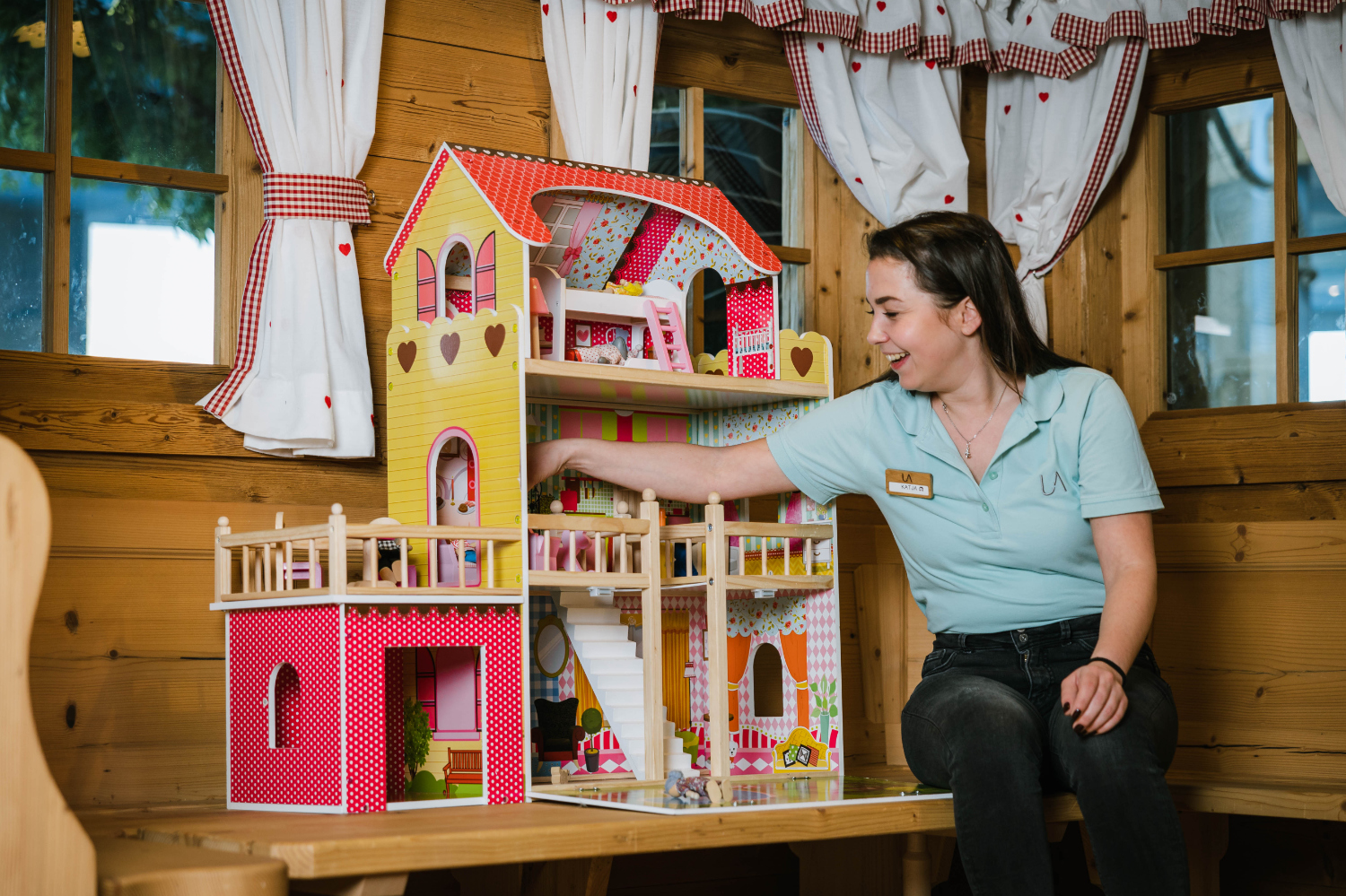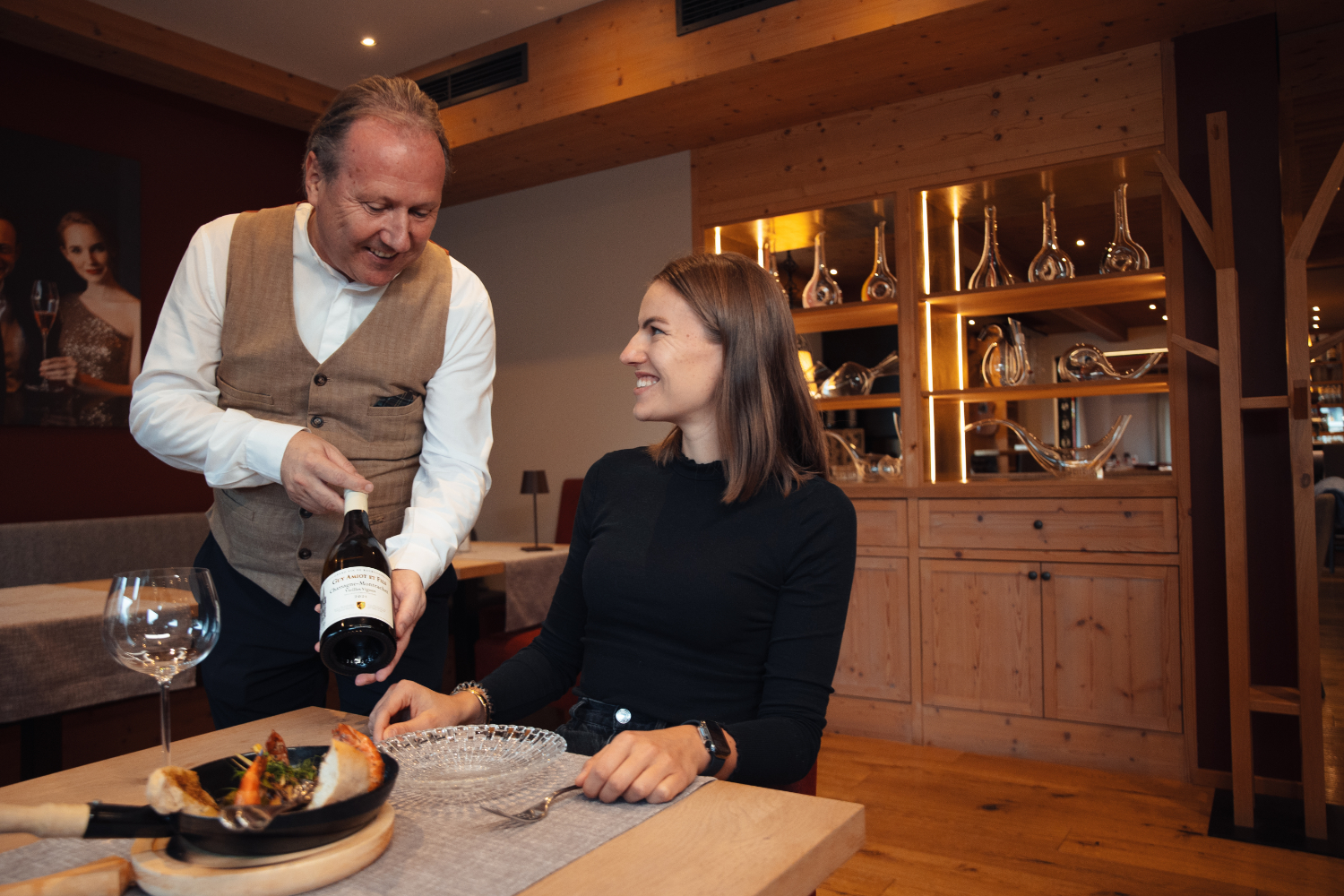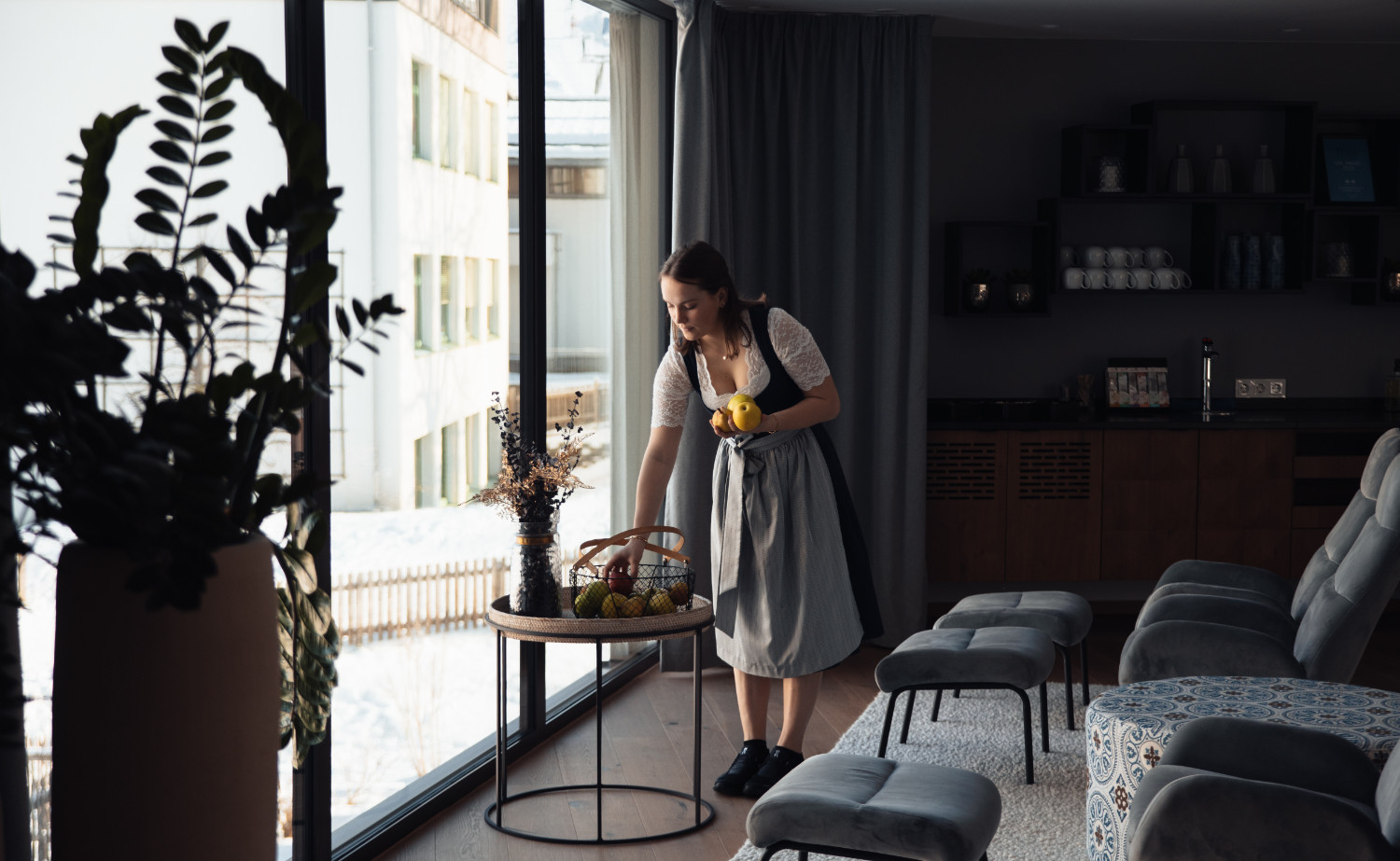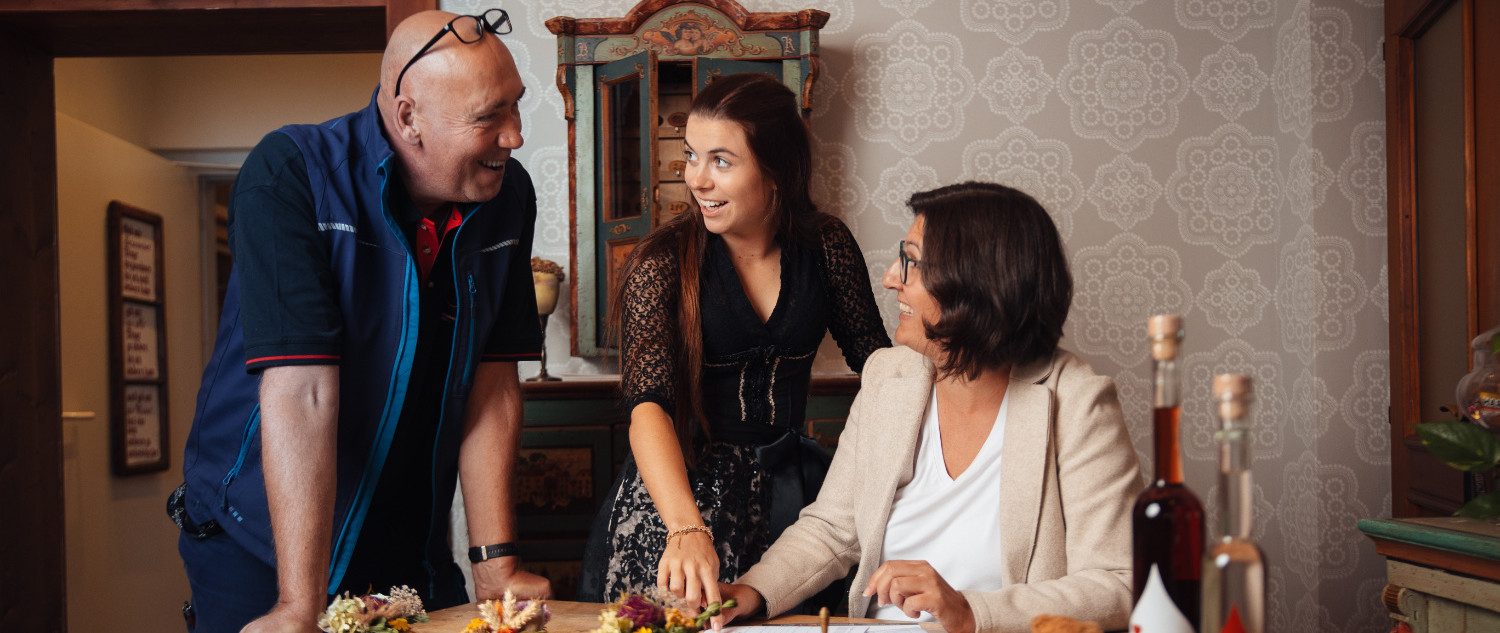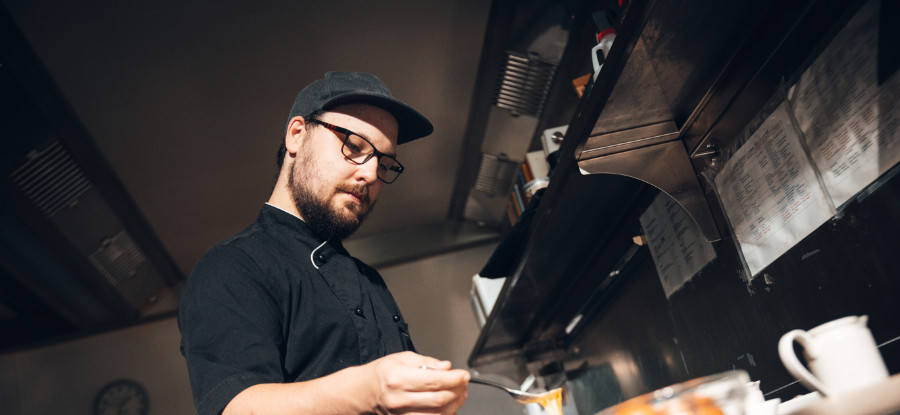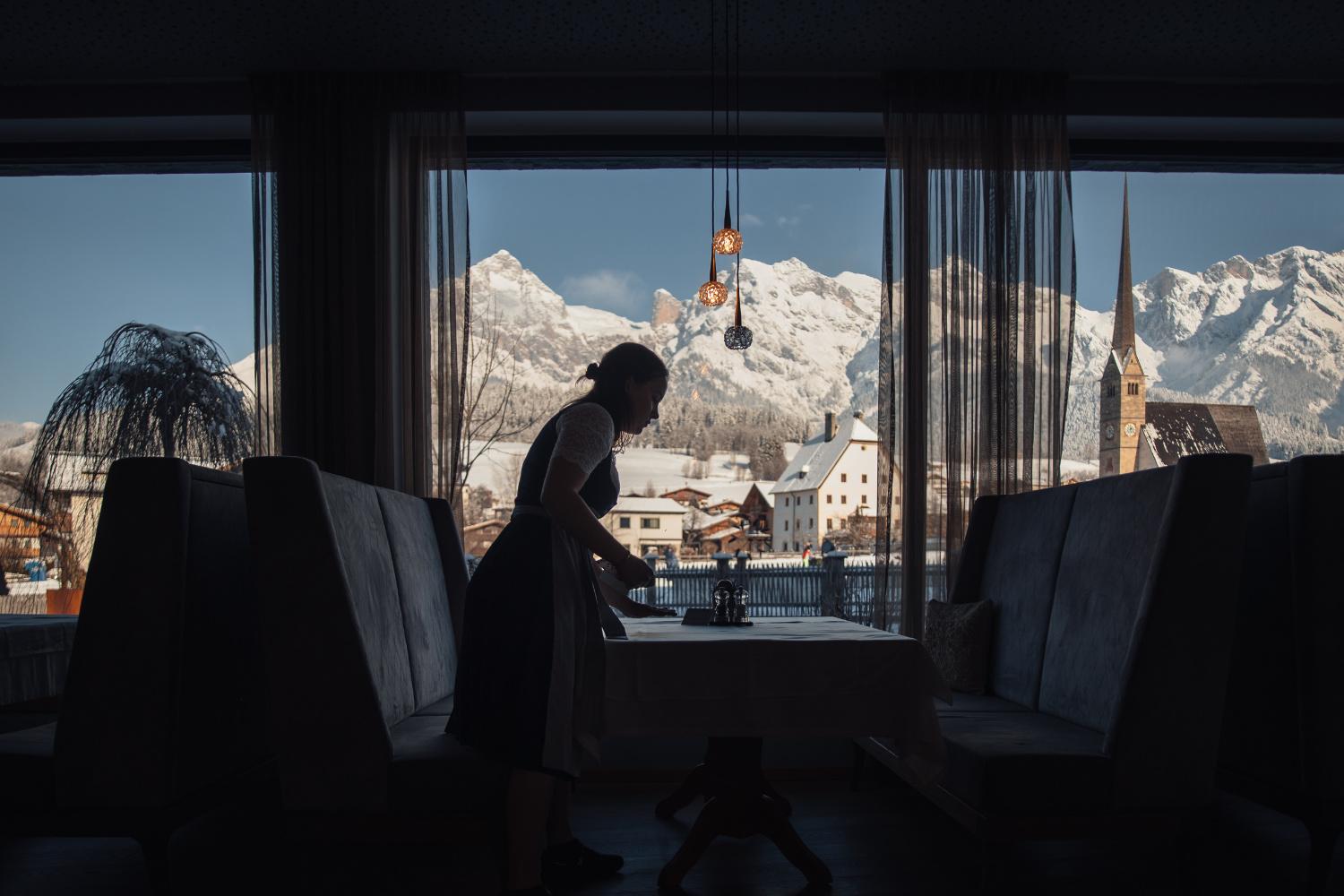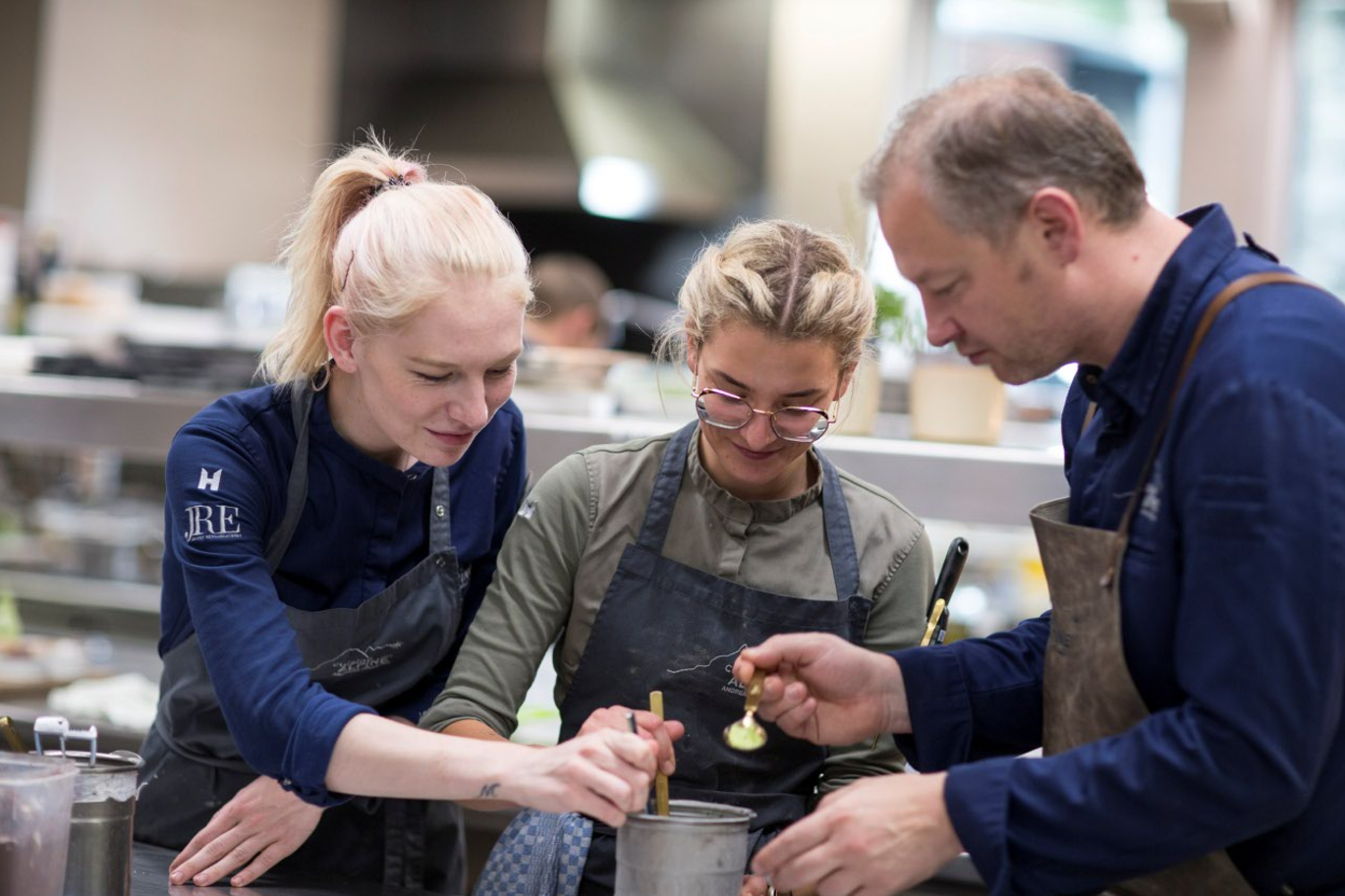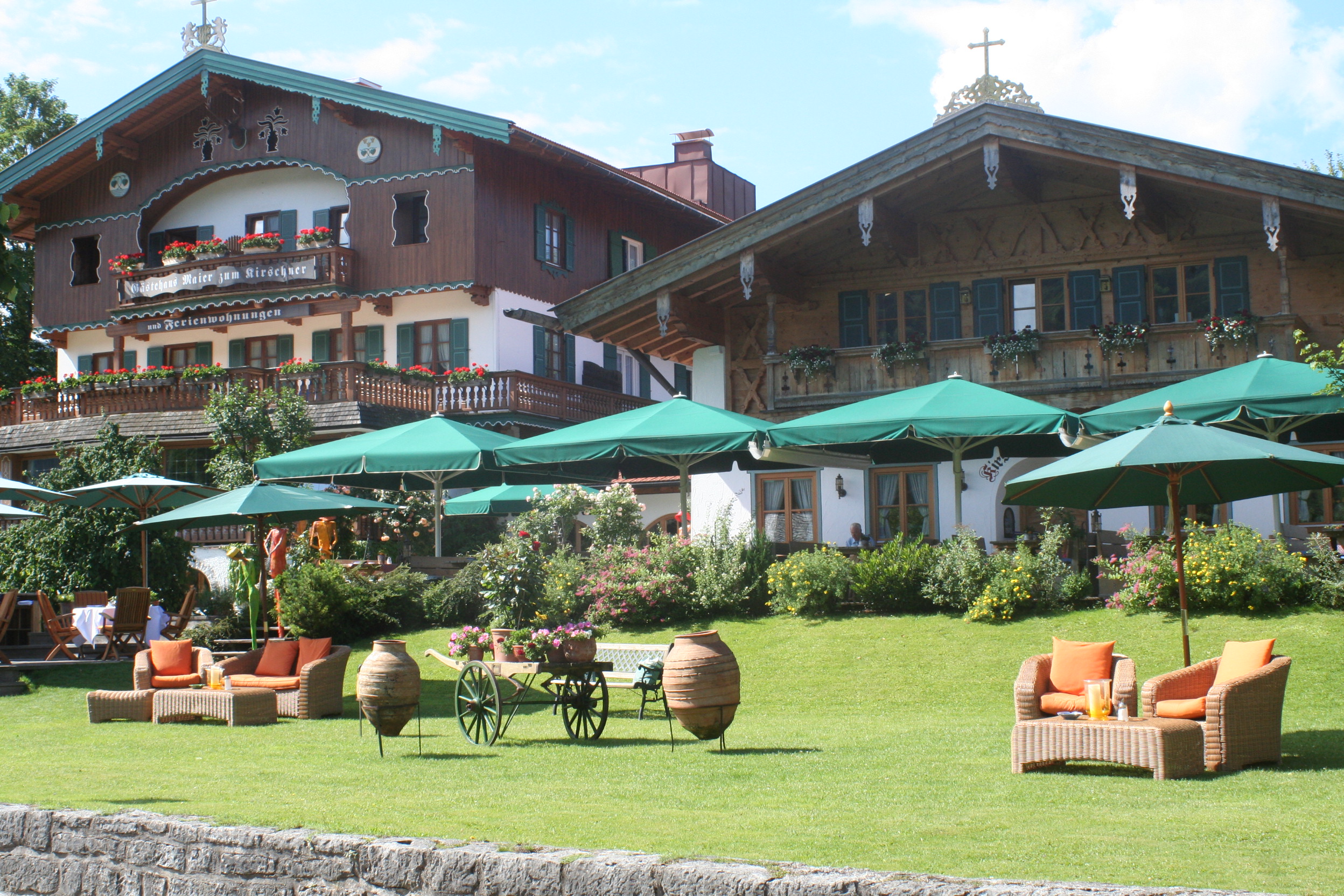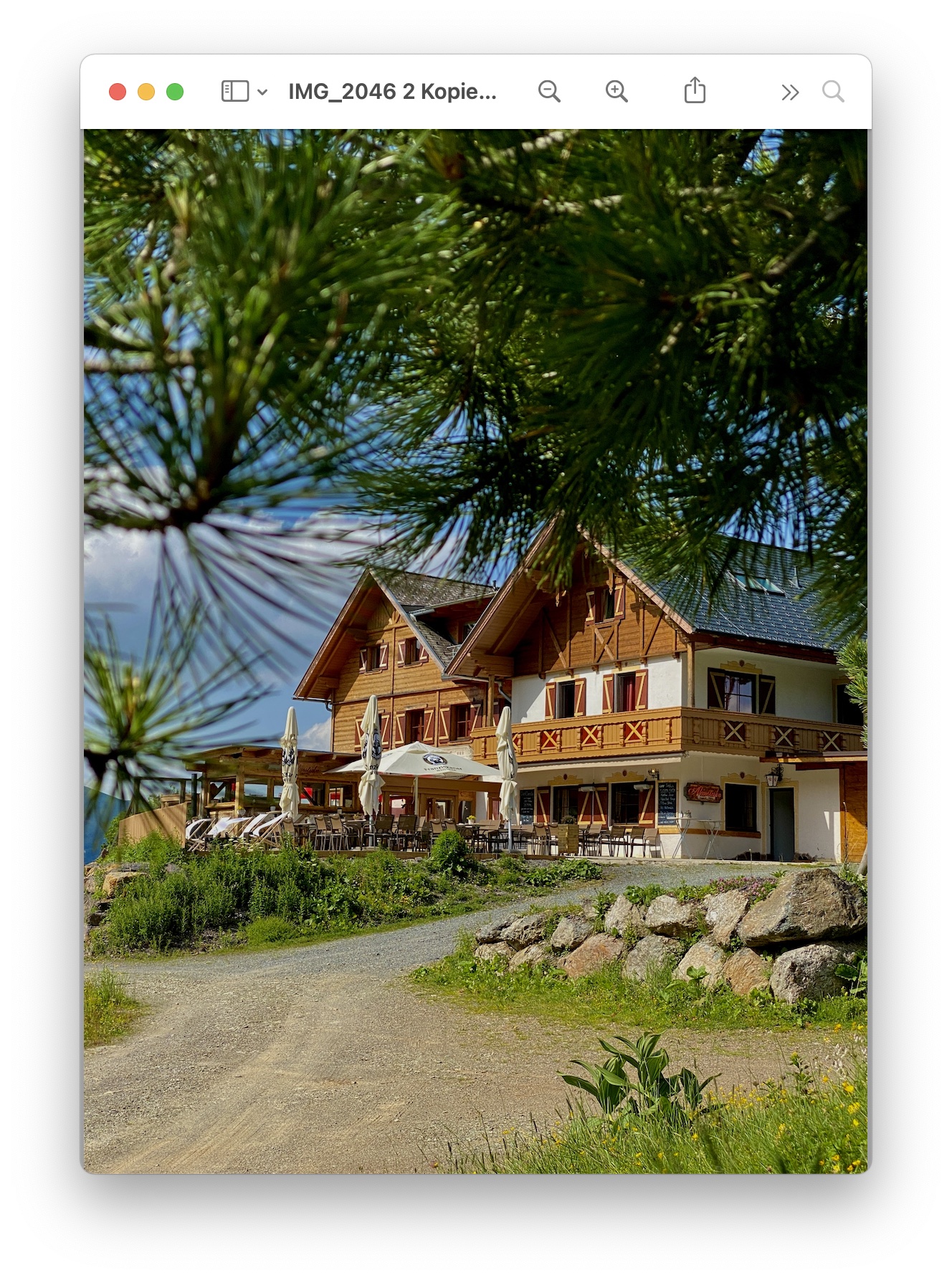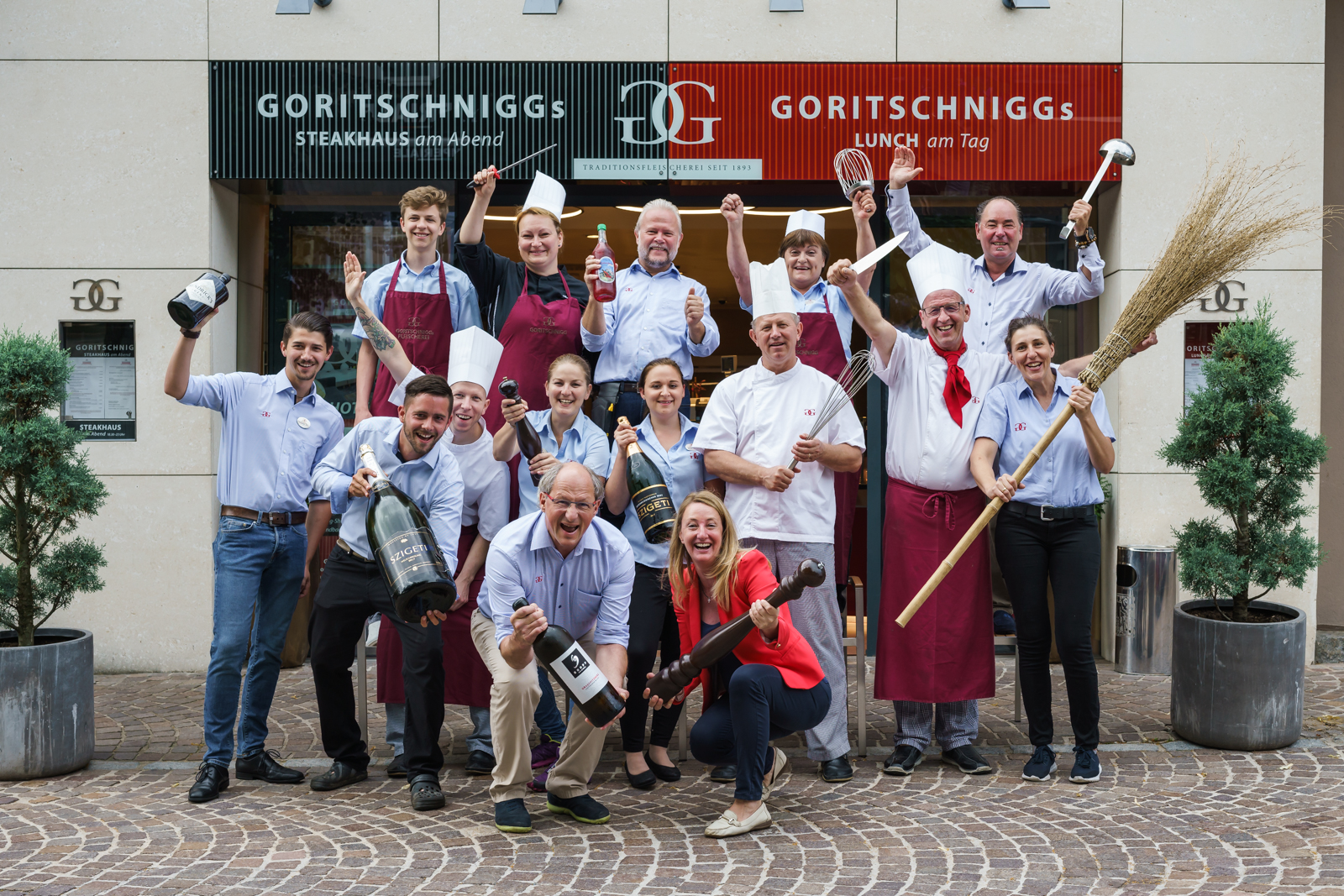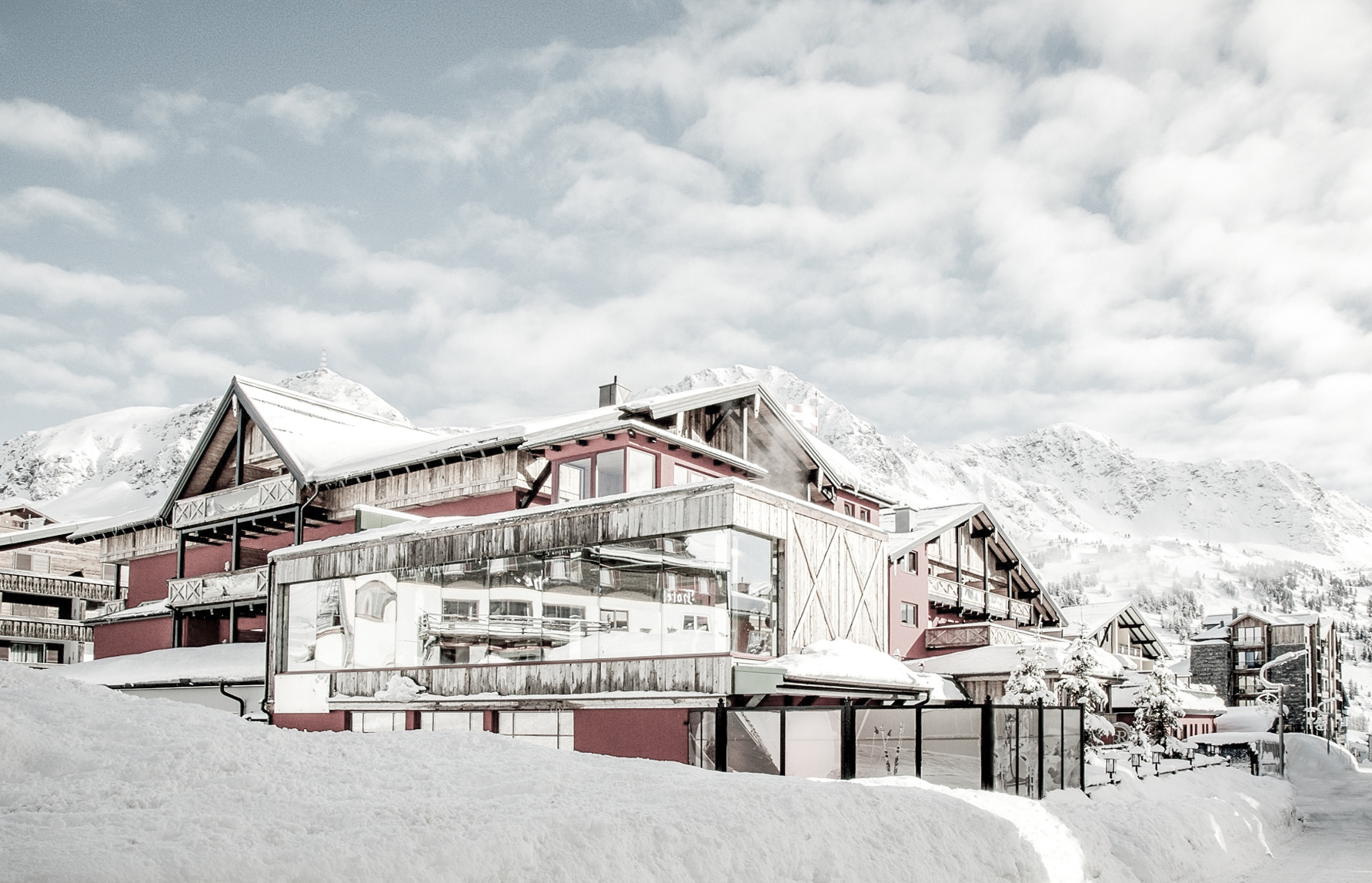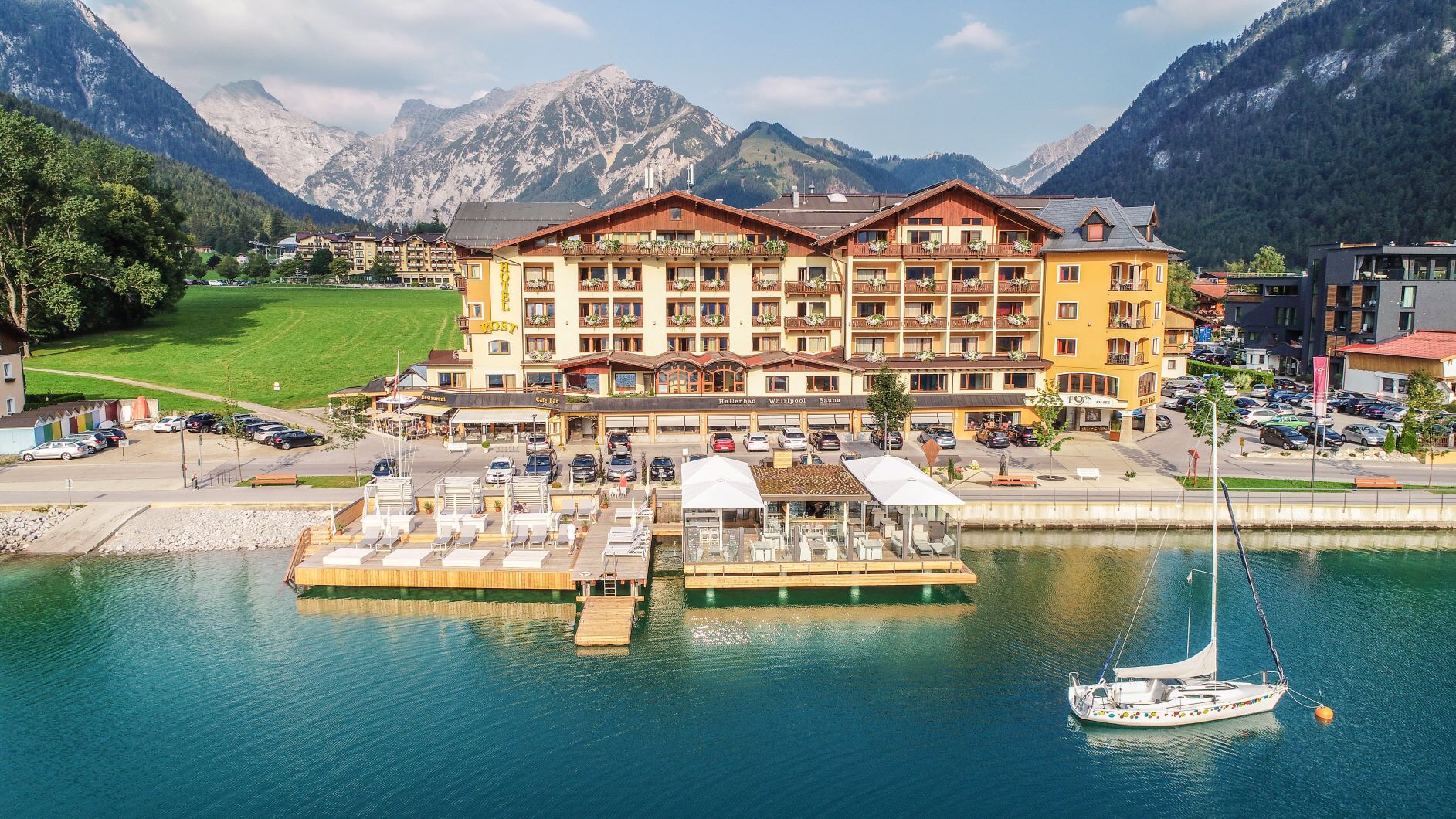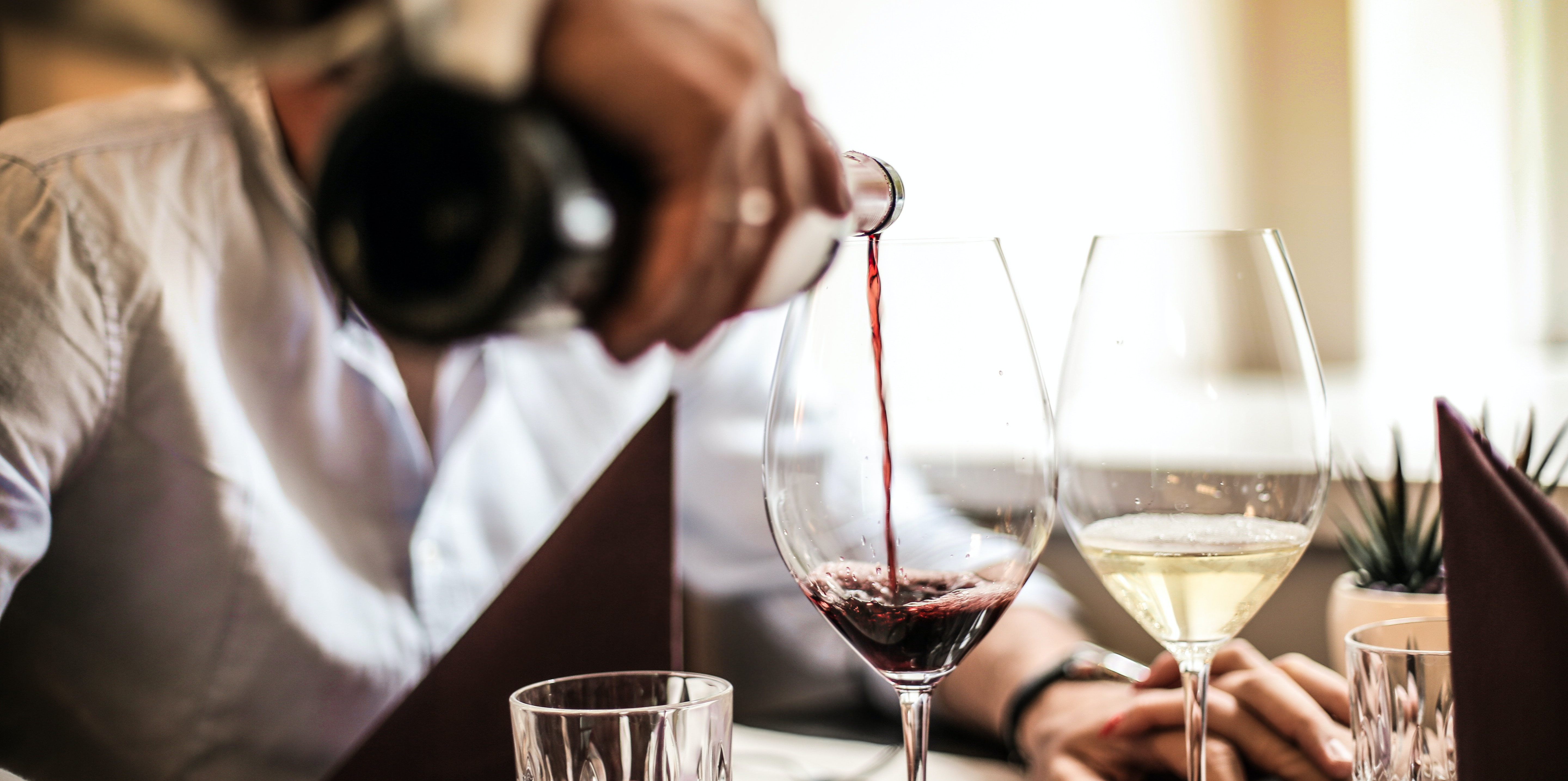
The tasters - sommeliers and stubborn clichés
With tannins, tannic acid and a strong finish
"A cola red please" is probably the worst thing you can order from a wine sommelier. Of course, you could also serve the delicious cola red with a Pétrus 1990 for 5,000 euros a bottle. Generally speaking, sommeliers are in demand in the hotel industry and are professionals in their respective fields.
But please don't get the wrong idea: Sommelier does not mean wine connoisseur! A sommelier is more or less a professional in their field. Their knowledge in the beverage sector, be it beer, coffee or wine, is inexhaustible. They have refined their palates and trained their taste buds to pick out the tiniest nuances from a floral barrique bouquet.
Read on to find out which clichés persist and whether they are true!
Sommeliers are allowed to drink while working
I'm going to be a sommelier, then I can drink all day long while I'm at work, and on the record! Um, not really! This cliché has long been a thing of the past, at least since sommeliers stepped out of the shadows of the wine cellar and became stars of the restaurant scene.
If you want to run a classy and good restaurant, you should employ a sommelier! Because some guests now choose their restaurants based on the sommeliers and not on the good cuisine. Wine lists as thick as a bible and a well-stocked wine cellar are a must.
And a sip or two of wine when selecting the wine range is certainly included with the sommelier, but not every day!
Insider tip: Wines are best stored horizontally in the cellar or in a wine refrigerator. (Especially wines with corks). Classic white wines are best enjoyed at a temperature of nine to eleven degrees. Red wine should be drunk at a comfortable 15 degrees Celsius. This allows the entire bouquet of flavors to unfold!
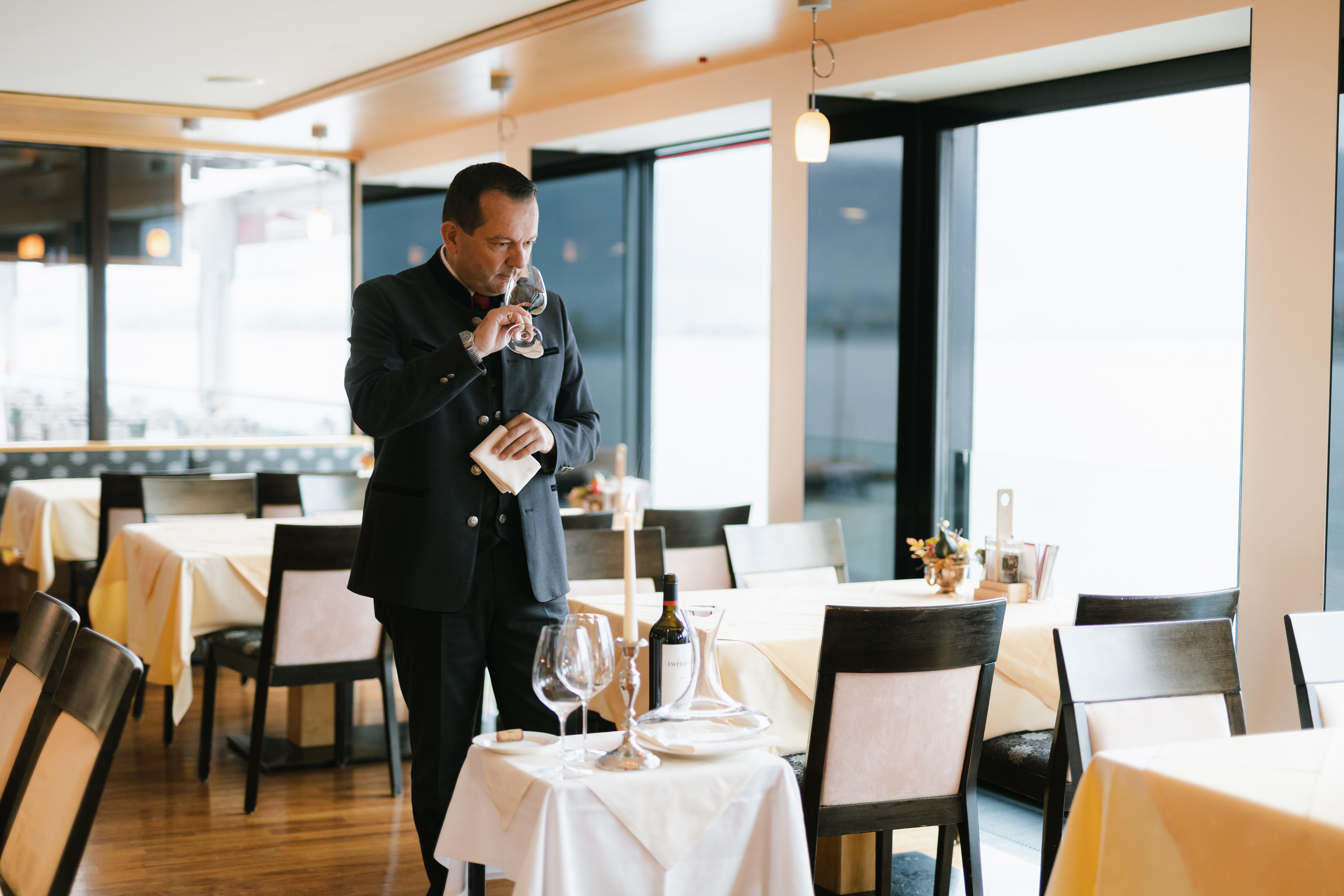
Anyone can become a sommelier!
An expert grip on the corkscrew, a white cloth around the arm and a skillful twist without spilling a precious drop. Quality comes before quantity - the wine list is well thought out and coordinated with precision.
Fun fact: normally a Sauvignon blanc smells of green beans or asparagus, but with higher doses of the added 4MMP molecule, the sparkling white wine can also smell of "cat pee".
A Zweigelt has an unmistakable bouquet of sour cherries - a sommelier can sniff that out. Anyone can talk cleverly about wine - and tell guests what the wine should taste like. Wrong! A wine sommelier must have a number of qualifications and complete a demanding training course.
Only then do they have the right feel for grape varieties, wineries and growing regions. And to know which wine goes with which dish, to judge the right wine in blind tastings and thus to create a perfectly balanced and harmonious wine list.
In addition, there is the "obstacle" of the guest. To advise the customer correctly and to strike a balance between listening and understanding and offering the guest an unforgettable experience with a wine - that is the art!
Once this task has been accomplished, the sommelier has done his job.
Insider tip for when things need to be done more quickly at home: What's the quickest way to chill a wine? It's simple: put the wine in a bucket of water with lots of ice cubes. Now add plenty of salt and the wine will cool down faster!
Sommeliers explore instead of drinking and condemn screw caps
Cliché or true? There is a grain of truth in the assertion. However, a distinction must also be made between private individuals and professional sommeliers. If a professional has to select wines for a new wine list, he does not simply "drink" them, but subjects the individual grape creations to a tasting. This involves examining the wine glass and analyzing the basic color, the reflections and the streaks left on the glass.
Then the grape variety, its quality, the smell and, of course, the taste are considered. A powerful swirl, a deep breath and a clichéd sip - to really taste all the notes. Whether nuances of tar, honey or flowers tickle the tip of the tongue is recorded.
No sommelier will go to such lengths in private. Of course, no fusel is poured into his glass. However, this is not a science!
It is similar with the cliché of the screw cap: "Only cheap and stale wines have a screw cap. Only bottles with a cork can convince in taste." Not true! Wine connoisseurs know that high-quality cork is becoming increasingly rare, as it is a natural product.
The screw cap proves to be more practical and also prevents the penetration of oxygen. The wine ages more slowly and remains better protected!
By the way: it only makes sense to replace oxygen with a cork when storing red wines!
As you can see, being a sommelier is not easy, requires a lot of specialist knowledge and you have to fight against old clichés! Do you have any more preconceptions about gastronomy?
Take a look at the HOGASTJOB Facebook page and tell us about your experiences!

